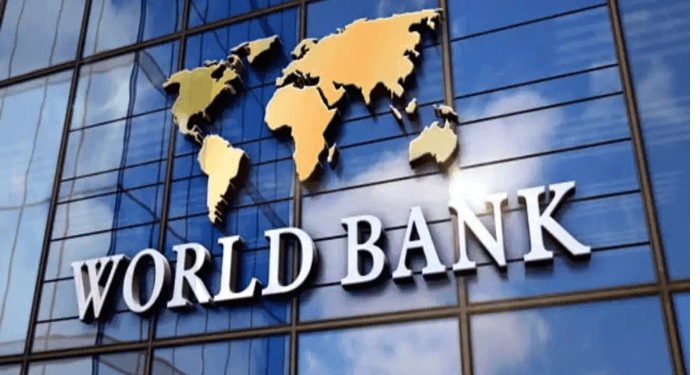The World Bank Board is expected to deliberate today, Friday, December 13, 2024, on the approval of a $500 million loan to Nigeria for the Rural Access and Agricultural Marketing Project—Scale Up (RAAMP-SU). This initiative aims to bridge the gap between rural communities and marketplaces, schools, and hospitals, fostering economic growth and social cohesion.
The project is designed to:
- Enhance Rural Connectivity: Improve access to agricultural markets, healthcare, and education for rural populations.
- Promote Food Security: Facilitate smoother logistics for agricultural produce.
- Support Women’s Representation: Foster gender inclusion in the transport sector through state-level Rural Access and Agricultural Roads Agencies (RARAs).
- Strengthen State Infrastructure: Encourage states to establish functional Roads Funds and Roads Agencies with operational boards, staff, and budgetary allocations for administrative costs.
Eligibility Requirements for Participating States
States willing to participate must:
- Have fully operational Roads Funds and Roads Agencies with appointed boards and staff.
- Demonstrate commitment to maintaining infrastructure efficiently, including co-financing from state resources.
- Implement resettlement and compensation plans for activities causing displacement.
Funds will be allocated based on:
- A socioeconomic selection matrix prioritizing rural access to essential services and food security.
- Readiness of activities, such as project designs.
- The state’s commitment to sustainable infrastructure maintenance.
If approved, this will be the 10th loan project secured by the Federal Government under President Bola Tinubu, bringing the total World Bank loans under his administration to $6.45 billion in 16 months.
- Power sector reforms: $750 million
- Women empowerment: $500 million
- Girl’s education: $700 million
- Renewable energy: $750 million
- Economic stabilization reforms: $1.5 billion
- Resource mobilization reforms: $750 million
The World Bank has approved 36 loan requests for Nigeria in the last five years, amounting to a total of $24.088 billion. While these loans aim to finance critical development projects, there is growing concern about the sustainability of Nigeria’s debt obligations and their potential long-term effects on the economy.
As the Federal Government seeks to secure more funding, stakeholders continue to debate the balance between immediate development needs and the risks of escalating debt.










